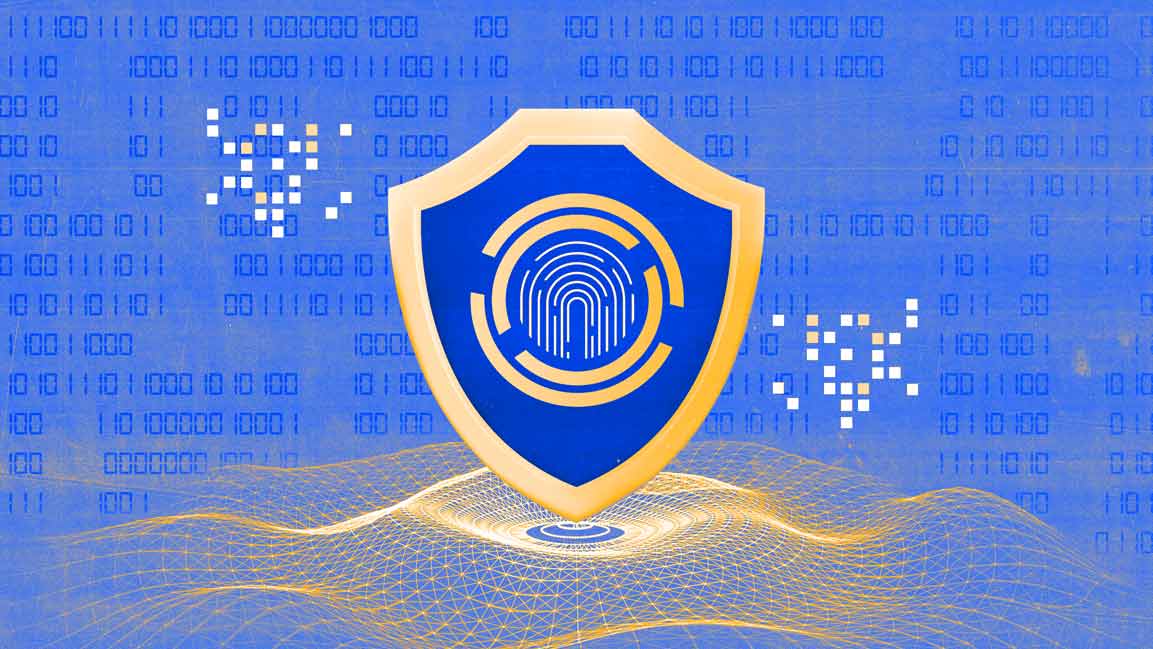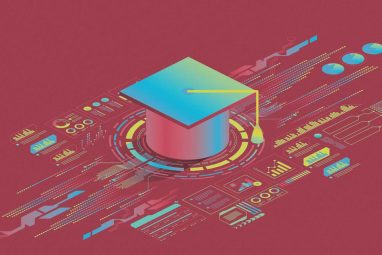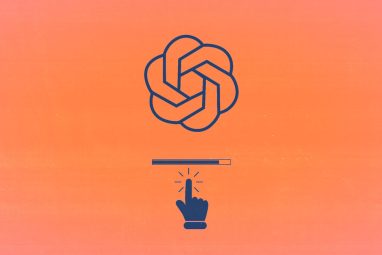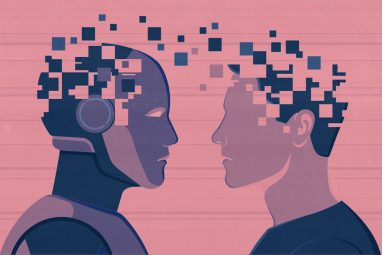Why AI Can’t Outthink Hackers Without Human Judgment
With threats evolving at unprecedented speed and scale, the traditional, manual defenses are no longer enough.
News
- India Looks to Orbit for Its Next Data Centre
- IIT-Bombay, Columbia Team Up to Build AI Backbone for Indian Manufacturing
- India Bets on Digital Public Infrastructure Model for Education AI
- OpenAI Retires GPT-4o as It Consolidates ChatGPT Models
- Adani Power Sets Up Nuclear Subsidiary
- Musk Unveils xAI Overhaul, Lunar AI Ambitions

In today’s hyperconnected world, cyberattacks have ballooned into a multi-trillion-dollar underground economy. In the Asia-Pacific, manufacturing (22%), retail (10%), healthcare (8%), finance (6%), and government (4%) bore the brunt of the digital attacks, Check Point said in its latest cybersecurity report.
With threats evolving at unprecedented speed and scale, the traditional, manual defenses are no longer enough. Yet, full automation isn’t the answer either, with analysts suggesting the need for a more balanced approach that blends machine precision with human oversight.
“Our approach to AI is not about achieving zero human touch. It’s about eliminating the waste of human talent,” said Muraleekrishnan Nair, General Manager, Global Head of Cloud Infrastructure Services at UST and Managing Director, APAC Business Head at CyberProof
CyberProof, a UST subsidiary set up seven years ago to build dedicated cybersecurity expertise, is banking on that balance. The company delivers end-to-end support through proprietary security platforms, managed services, and AI-powered automation designed to augment, not replace, human analysis.
India as a Strategic Cyber Talent Hub
A key pillar of CyberProof’s strength is its talent base in India, particularly in non-traditional hubs.
“UST established itself in Thiruvananthapuram, not Bengaluru or Chennai. The goal was to nurture talent in tier-2 cities, including in Kerala, which has high literacy and strong institutions,” Nair said.
Today, over 8,000 of UST’s 35,000 global employees are based in Kerala’s state capital, with another 3,000 in Kochi.
Technopark in Thiruvananthapuram hosts over 55,000 professionals, excluding UST with Infosys, TCS, Wipro, and IBM among the key players.. TCS is in Thiruvananthapuram, while Wipro and IBM run Security Operations Centers in Kochi.
To add to that, UST currently has a presence in 10 cities across India. Bengaluru is one of our largest centers, with over 4,000 employees based there. In addition to Bengaluru, they have offices in Chennai, Hyderabad, Pune, and Noida, among others, reflecting their broad and growing footprint across the country.
Strategic Cloud Partnerships
CyberProof is a top-tier Microsoft and Google partner, certified to deliver advanced cloud and security services.
These integrations help automate security operations using AI to speed up responses and ease the workload on analysts..
“Our proprietary AI, developed using platforms like Azure OpenAI and Google Gemini, brings contextual recommendations right into the analyst’s workflow,” he said.
Augmentation, Not Automation
In security operations, AI is often pitched as the end-all solution. But Nair cautions against this.
“We don’t see AI as a tool to replace humans entirely. instead, we view it as a means to augment and empower them. Security analysts get real-time insights, contextual intelligence, and automated responses to routine threats, freeing them to focus on high-value, strategic tasks,” he said.
At the more advanced levels, like threat hunting and intelligence, AI plays a supporting role, enhancing efficiency without overriding human judgment. The strategic decisions still lie in the hands of expert professionals.
One of CyberProof’s most important innovations is its embrace of Continuous Threat Exposure Management (CTEM), a concept pioneered by Gartner. The idea is simple but powerful: cyber defense must evolve from periodic to continuous.
Nair said, “Threat actors can now breach, act, and vanish within hours. A weekly threat hunting cadence is simply not enough.”
CyberProof’s AI-powered CTEM platform continuously monitors exposures, ingests multi-source threat intelligence, and delivers real-time, actionable recommendations. It transforms threat hunting from reactive to proactive. Their experts no longer start from scratch; they work with targeted exposures already identified by AI.
However, Nair acknowledged the inherent risk of AI’s rapid rise.
“AI is a double-edged sword. The same tools we use to defend are now being used by bad actors to attack. and they’re doing it faster, more cheaply, and more successfully than ever before,” he said.
In India, Nair said, the threat landscape has become particularly aggressive, with state-sponsored attacks on banks, healthcare institutions, and government systems. “Legacy tools can’t keep up. We need intelligent, AI-enabled defenses, but also, skilled professionals who bring judgment and adaptability,” he emphasized.
Human Expertise Remains Irreplaceable
When asked if there’s anything AI still can’t do, Nair is clear: “AI is a tool, a powerful one, but it lacks context, moral judgment, and adaptability. In high-stakes environments like cybersecurity, humans remain irreplaceable.”
As organizations debate full automation of Security Operations Centers (SOC), Nair advocated a hybrid model.
“A SOC that once needed 50 people may now need fewer, but they must be more skilled. That’s the gain. But eliminate humans entirely, and you risk being outwitted by intelligent malware that adapts and evades detection,” he said.
It is clear that to succeed, invest in AI, and adopt modern platforms, but don’t remove the human element. The most secure future is one where machines and people work in tandem.






